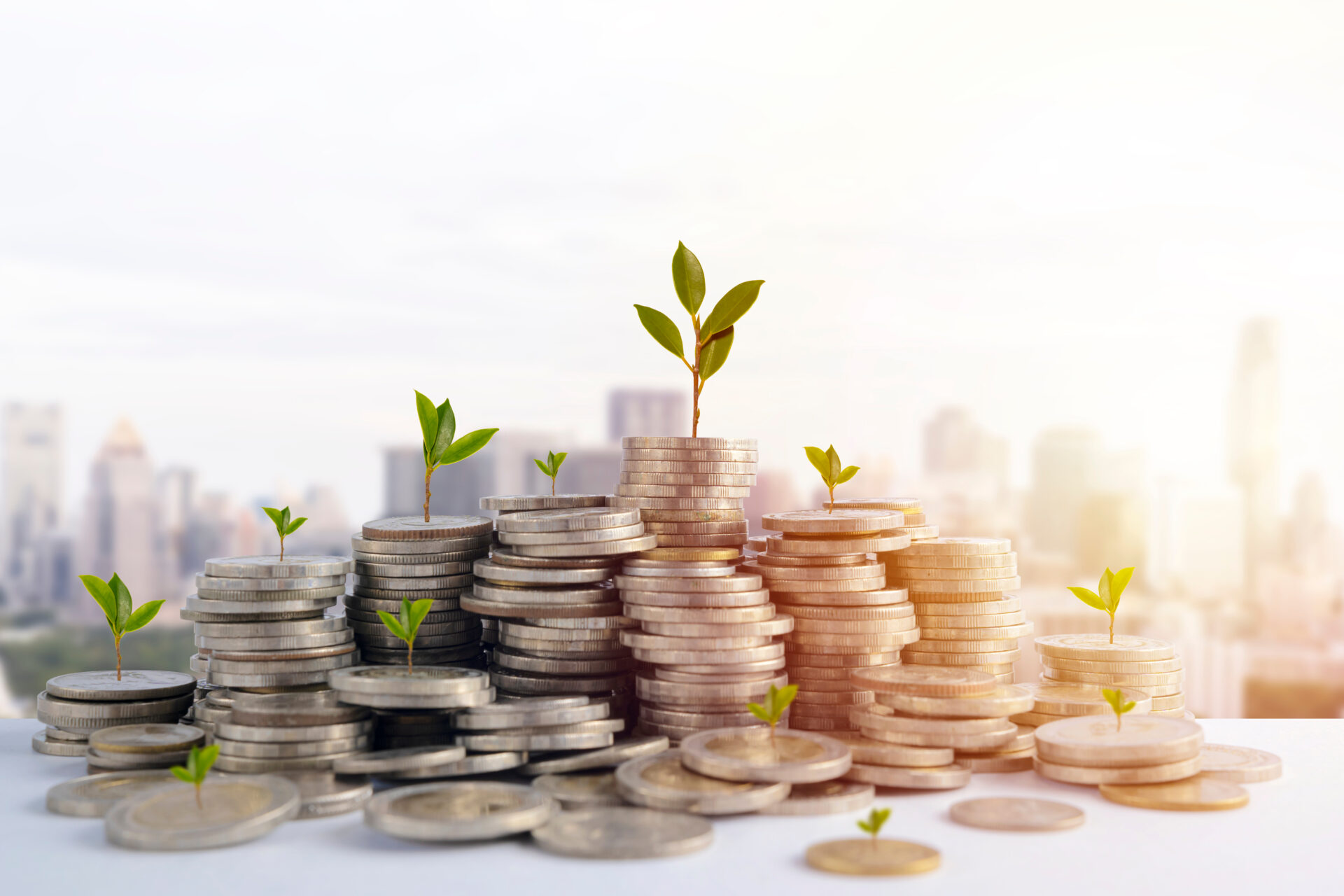Picture the scene, you’re at home on a typical Tuesday evening, juggling everyone’s requests for dinner, helping with homework, and trying to have a conversation with your other half about the continuously rising cost of living. When your partner mentions that all the ‘green household items’ are shoving up the totals on your shopping receipts, you wonder if protecting the planet, your family, and your budget can ever go hand-in-hand?
Many parents have mastered the art of multi-tasking, and some handle a household budget with aplomb, but there is a skewed perception that living more sustainably costs more. Recent UK polls suggest that 64 per cent of adults would like to be more eco-friendly but fear that the cost of living crisis could prohibit this.

According to a recent article by the World Economic Forum, the cost of living crisis is having an impact from Manchester to Melbourne. Almost everyone is feeling the pinch in one way or another.
So, does tightening our purse strings mean that the environment is likely to suffer more as we curb our spending in different areas?
Fortunately, this isn’t the case. In fact, we can become more financially savvy while acting in the best interests of the planet. We don’t have to compromise our priorities on sustainability simply because there is a cost of living crisis.
While in the past it may have been seen as a trade-off between the two, many households are realising that in fact, the changes that they have been making to accommodate the increases in the cost of living align with their efforts to become more sustainable.
When Essentials Became Unaffordable
Since 2021, the cost of energy and household essentials has risen steadily in countries across the world. Driven by the surge in global inflation, this has meant a cost of living crisis for people in poorer areas and led to consumers generally buying less, which has a knock-on effect for businesses in all industries.
In the UK, food prices rose by a dramatic 22.5 per cent in the two-year period between April 2022 – April 2024. Previously it had taken 12 years for food prices to rise by the same amount.
If governments around the world had taken the opportunities during the Covid-19 pandemic to reduce our reliance on fossil fuels and redirect investments into energy transition, its believed this would have gone some way to preventing the energy price increases.

In December 2020, researchers presented evidence that environmentally friendly measures could cut down on fossil fuel use and prevent an extra 0.3C temperature rise by 2050. However, many governments allocated recovery funds to fossil fuel infrastructure instead, missing key opportunities to mitigate climate change.
Prominent public bodies have remarked that one way to avert future cost of living crises is by backing green energy. Carsten Jung, Senior Economist at the Institute for Public Policy Research has said, ‘only huge investments in the clean energy transition can shield us from future inflation shocks from international oil and gas markets.’
Cost of Living Hacks
Go Plant-Based: Though it may be a financial choice rather than an environmental one, the rising costs of groceries has led many people to switch to a meat-free diet, inadvertently reducing their carbon footprint. Studies show that a person swapping a meat-based diet to a plant-based diet can reduce their dietary greenhouse gas emissions by up to 50 per cent.
Switch it off: Cost-saving measures such as turning off appliances when not in use and limiting air-conditioning or heating to certain times of day are also a boon for the planet. With greater numbers of people making the effort to save energy at home and at work, it amplifies the impact.
Stop Buying stuff: Another way that people are looking to save money is by reducing what they buy. In a recent survey, 59 per cent of people said that they would cut down on shopping for fun. The appetite for retail therapy and recreational consumption is one that has had a massive impact on countries such as Kazakhstan, where the Aral Sea, which was once the world’s fourth largest body of inland water, has disappeared with the demand for cotton from the fashion industry.

Buy second-hand clothes: It doesn’t mean that people have given up shopping. In fact, many people are turning to thrift stores and apps to find pre-loved clothing, textiles and furniture. The popularity of clothing app Vinted has soared over the past few years and its PUDO (pickup, drop off) system lowers carbon emissions of deliveries by approximately 97 per cent compared to other parcel home delivery services. This trend also decreases the amount of clothing that ends up in landfills, providing another benefit for the planet.
And furniture..: Stores such as Reem’s Closet and Retold in Dubai have seen their customer numbers increase with customers equally interested in finding a bargain and living more ethically. UAE residents can also bring their old furniture to La Brocante in Al Quoz, Dubai to be upcycled, giving a new lease of life to tired old tables, or learn how to restore pieces themselves.
Make and mend: Indeed the combination of both crises (cost of living and climate) is encouraging more people make do and mend, with an entire 41-page thread devoted to it on the MoneySavingExpert website forum full of ideas and people encouraging each other with recipes for leftovers, how-to videos and ideas on how to minimise.
Borrow: Tool lending libraries have been springing up, allowing people to borrow items such as drills and shears at no or a low cost. This is a true example of the ‘sharing economy’ and leads to a reduction of tools purchased and ending up in landfill. BorrowMe, a UAE app, enables residents to borrow or rent almost everything, from cameras and roof racks to exercise bikes. Even party equipment can be acquired for a day.
Grow Your Own Food at Home: Combat rising food costs by growing your own produce right in your garden, on your balcony, or even indoors with smart gardens. Not only will you save on grocery bills, but you’ll also have fresh, organic food at your fingertips. Whether it’s herbs, leafy greens, or vegetables, home gardening helps reduce packaging waste and eliminates the carbon emissions from transporting store-bought goods.
It seems that the cost of living crisis has shifted the mindset for many. Where before they may have perceived that being eco-friendly involved spending more money, now they realise that by consuming less and finding creative solutions is just as good for the planet as the purse.









